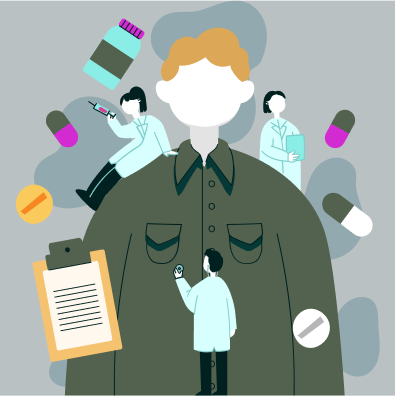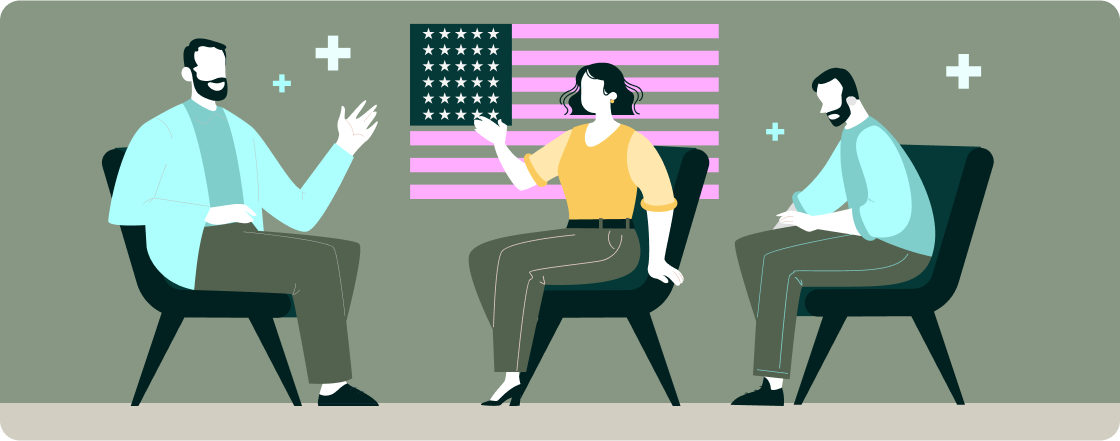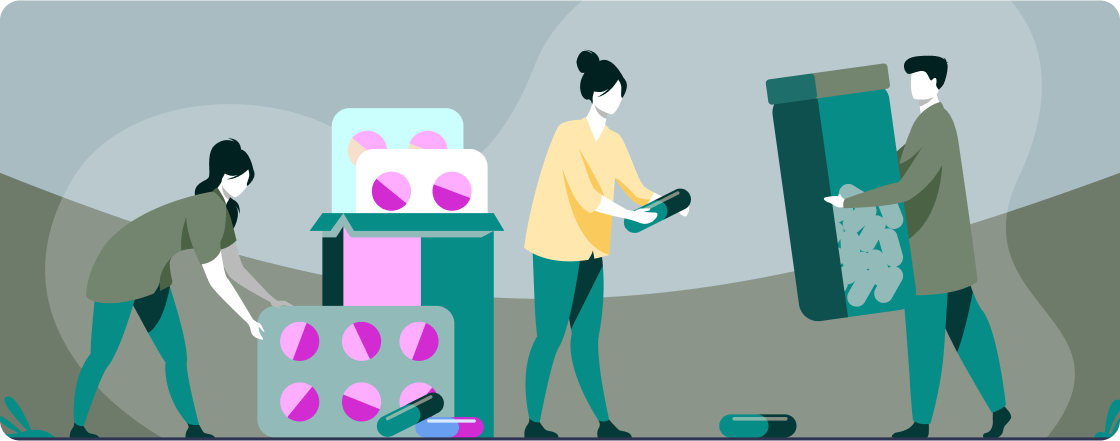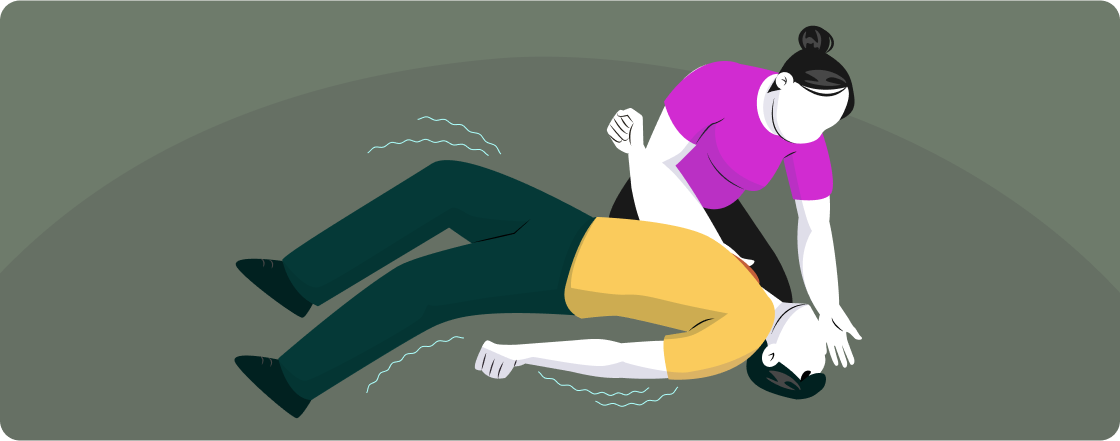
Could My Partner Be Addicted to Their ADHD Medication?
Understanding the Subtle Signs of Stimulant Misuse in Relationships
If your partner has a prescription for ADHD medication—like Adderall, Ritalin, or Vyvanse—you probably understand that these stimulants can help with focus, motivation, and daily functioning. But what happens when their use starts to raise red flags? Maybe they’re more irritable than usual, seem unusually driven or restless, or run out of their prescription early. If you’re starting to wonder whether your partner’s relationship with their medication has crossed a line, you’re not alone—and you’re not wrong to be concerned.
Understanding ADHD Medication and Its Purpose
Stimulants like Adderall and Ritalin are commonly prescribed for ADHD and work by increasing dopamine and norepinephrine in the brain. These chemicals enhance attention and alertness—but they’re also part of the brain’s reward system, which makes them susceptible to misuse. While they can be highly effective when used correctly, they also carry a risk for psychological dependence, especially when taken in higher doses or outside of prescription guidelines.
According to the National Institute on Drug Abuse (NIDA), misuse of prescription stimulants—taking them in larger amounts, more frequently, or without a prescription—can lead to addiction, even if they were initially prescribed for a legitimate condition.


Experiencing Cravings or Taking More Than Prescribed
One key indicator of misuse is the inability to stick to the prescribed dosage. If your partner often runs out of their medication early, talks about needing “just a little more to get through the day,” or seems overly focused on their next refill, these could be signs of developing dependency. Cravings—both psychological and physical—can start to drive their behavior and decision-making.

Using Without a Prescription or Mixing with Other Substances
If your partner doesn’t currently have a prescription but is still using ADHD medication—whether from a past diagnosis or another source—that’s a strong red flag. Even more concerning is if they’re using these medications in combination with alcohol or other drugs, which can heighten the risk of overdose and dangerous side effects. This kind of self-medication is often an attempt to manage stress or energy levels but can quickly spiral into addiction.

Withdrawal Symptoms and Emotional Changes
When someone becomes dependent on stimulant medication, stopping or missing a dose can trigger withdrawal symptoms. These may include fatigue, depression, irritability, mood swings, or trouble sleeping. You might notice your partner becoming emotionally reactive, withdrawn, or unusually exhausted during off-days or in between refills. These emotional shifts can be difficult to navigate in a relationship and often impact communication and connection.


How ADHD Medication Misuse Affects Relationships
Substance misuse doesn’t just impact the individual—it affects the relationship too. You might feel like you’re walking on eggshells, unsure how to talk to your partner about your concerns without setting off a defensive reaction. There may be trust issues, secrecy, or tension around conversations about their medication.
It’s also common for a partner to feel isolated or powerless, especially if they’ve tried to bring up the issue and were met with denial or anger. Remember: their behavior isn’t your fault, and you’re not alone in what you’re experiencing.

Seeking Help and Managing ADHD Without Misuse
If your partner is open to help, encourage them to speak with their prescribing physician or a mental health professional about their current medication use. There are safe, supportive ways to adjust treatment plans to reduce dependency and improve overall well-being. Cognitive behavioral therapy (CBT), mindfulness strategies, and coaching can also help manage ADHD symptoms without over-relying on medication.
If your partner is unwilling to seek help, consider getting support for yourself. Resources like Al-Anon or individual counseling can provide clarity and emotional guidance as you navigate the situation. You can’t control your partner’s choices, but you can choose how you respond and care for yourself in the process.








